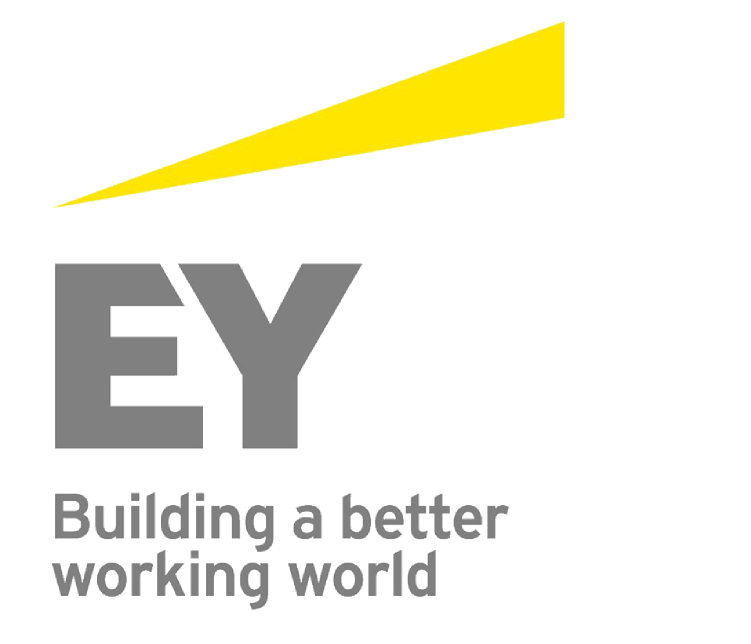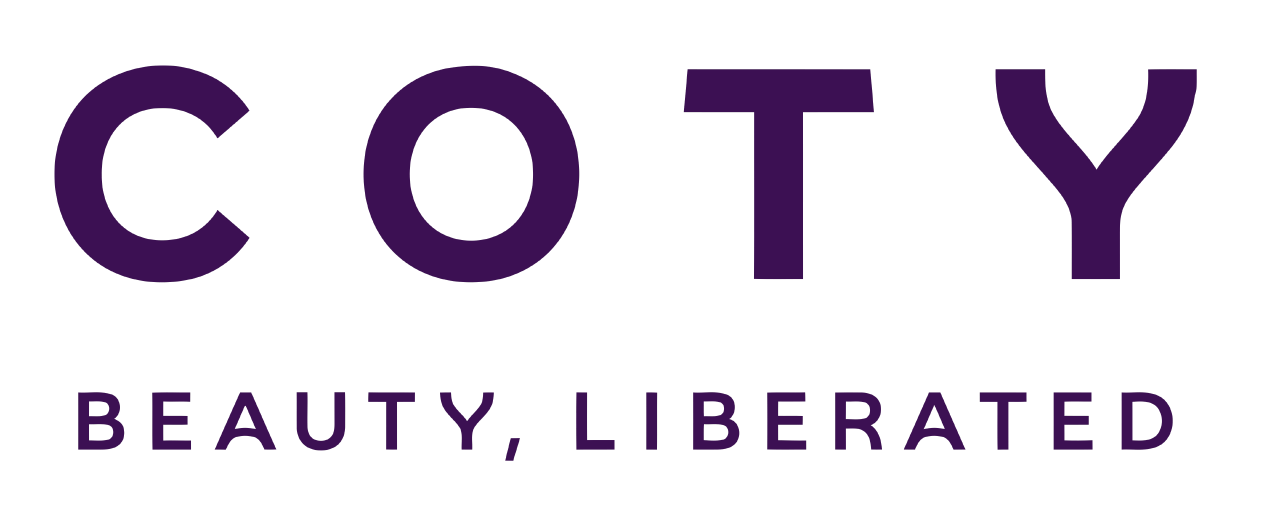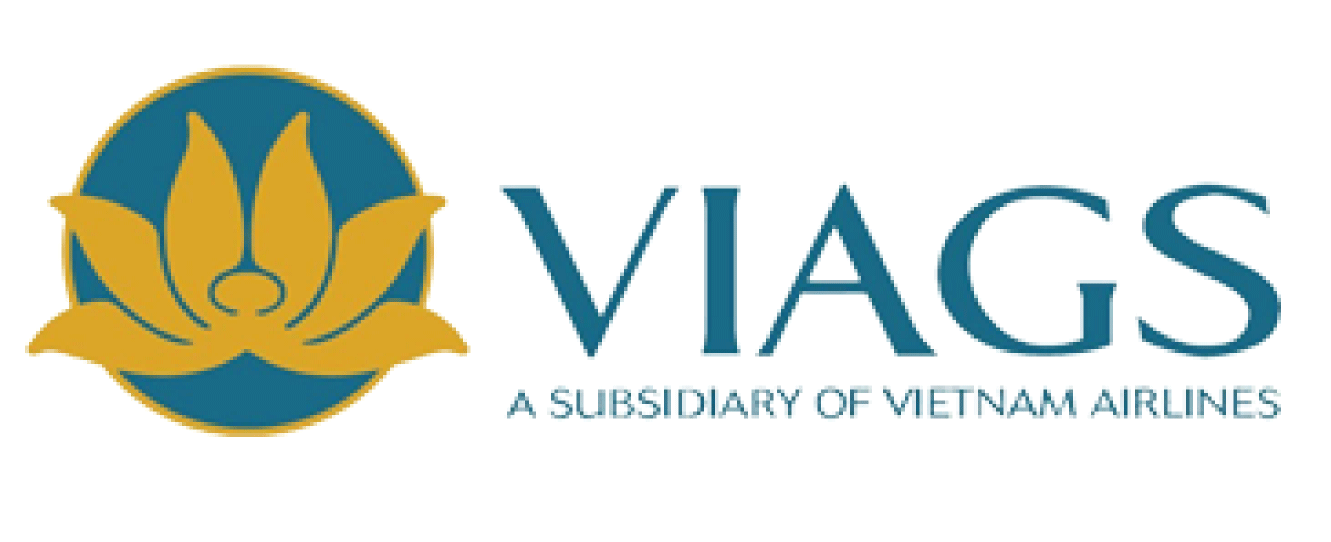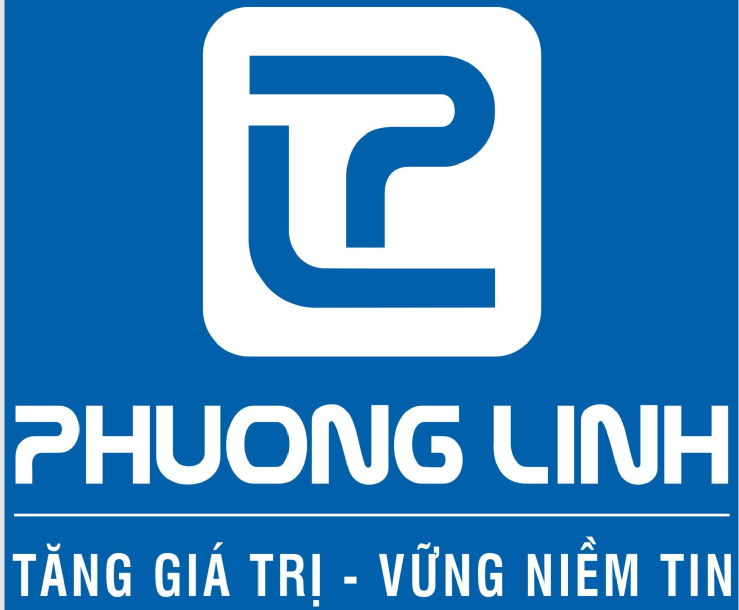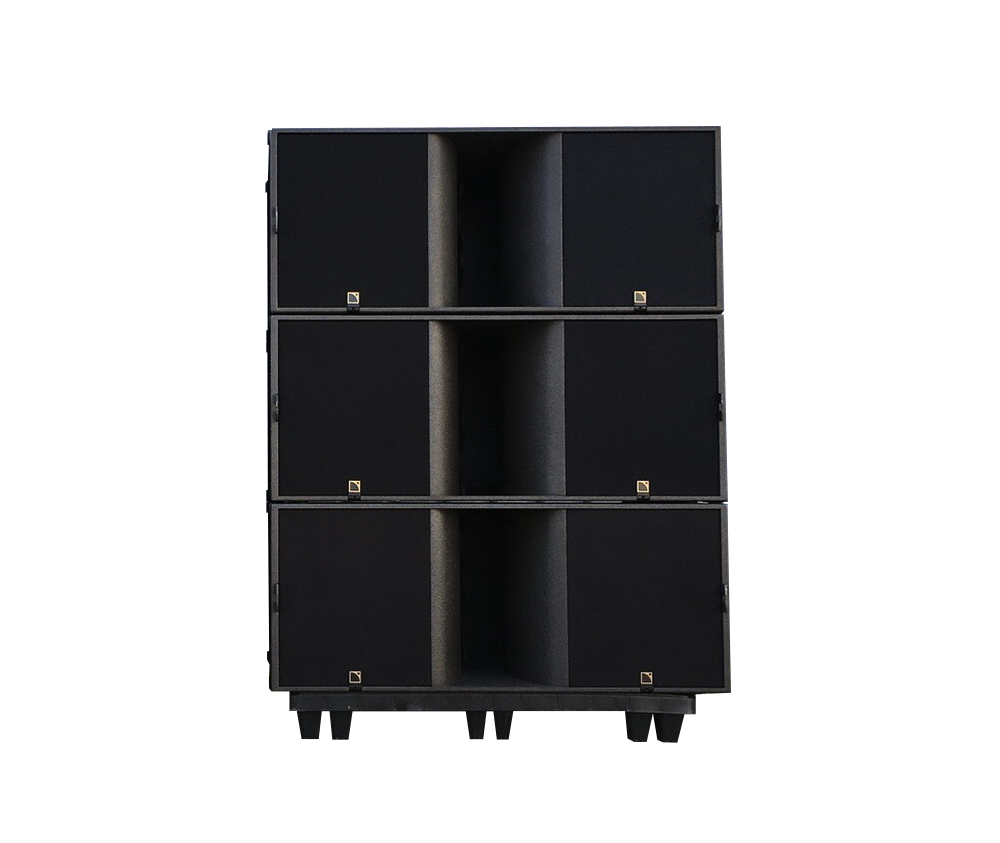Mastering event project management: Key stages and tools
Jun 11, 2025
Mastering event project management is essential for delivering successful, seamless, and memorable experiences. Whether you're organizing any events, understanding the key stages of planning and the right tools to support each phase can make all the difference.
In this article, we present a step-by-step approach to event project management, highlighting the essential tools that professionals rely on to stay organized, meet deadlines, and exceed client expectations. Let's dive in!
What is event project management, and why is it important?
Event project management is the art and science of turning ideas into impactful experiences. It combines logistics, creativity, communication, and strategy to plan and deliver events that meet both organizational objectives and audience expectations.
Every successful event requires careful coordination behind the scenes. Professional event managers handle everything: timelines, suppliers, budget control, branding, guest engagement, and technical execution.
Why does it matter? Well, because a well-managed event can do wonders for branding, relationship building, and igniting long-term business growth. It provides companies with an opportunity to use branding, values, and positioning strategy as ‘a moment of truth’ from the previous section. On the other hand, any mishap in an event can seriously hurt reputation, bleed resources, and leave the attendees completely unsatisfied.
In today’s fast-paced world of business, wherein seconds' impressions are made and attention is so hard to capture, event project management helps organizations shine; stay organized and deliver with purpose. It’s not just planning an event; it’s making every moment count.

What is event project management?
When should you use event project management?
Every occasion does not require a full-throttle plan, but when things become big, fast, or complex, that’s when event project management sneaks in. Think product launches with media coverage, dozens of speakers for a conference, or hybrid events that combine both on-site and online experiences. These aren’t the kind of moments you want to “wing it.”
You’ll need structure when timelines are tight, budgets are serious, and every detail matters. When vendors, tech teams, and creatives all have to work in sync, someone needs to keep the pieces moving. That’s project management - it keeps things clear, on time, and point.
Even for smaller events, a structured approach can make all the difference when a lot is riding on the outcome - reputation, visibility, or ROI. It’s not about overcomplicating, but about being ready for everything and delivering something better.
>> Read more:
TOP 10 popular event ticketing software platforms
Top 15+ Event Venues in Hanoi for Conferences, Meetings & More
Stages of event project management
Every successful event starts with organization. Project event management isn’t about following rigid rules; it’s about having a flexible but focused roadmap.
Define objectives and identify challenges
Before getting into the logistics or the design, one must understand why the event is to occur in the first place. What is the motive- launching a new product, brand building, or maybe solidifying inner culture? Doing that SMART (Specific, Measurable, Achievable, Relevant, and Time-bound) way helps in keeping everybody on track. This early stage is also when you expect obstacles: tight deadlines, budget constraints, and you stay a step ahead.

Define objectives and identify challenges
Determine the theme and develop event ideas
This is where things begin to materialize. With the aims already defined, it’s time to give them a face and a feel. Will your event be sleek and professional or vibrant and interactive? The concept sets the tone and personality for the event. It underpins every decision – from content and visuals to the flow of people through the space. A strong concept doesn’t simply underpin the event – it makes the event happen.
Create the event plan and budget
Well-laid-out plan, from timelines and who does what to vendor coordination and cost projections; it keeps the team in line, eliminates last-minute scrambles, and ensures that every piece moves in sync.
It’s also time to map out all the technical and equipment needs at this stage: sound systems, lighting rigs, stage design, visual displays, livestream setups, etc. These are not just the supporting elements; they are what shape how your audience will experience the event.
This is where AV Vietnam steps in. With years of experience in providing audio-visual equipment and technical support for events of all sizes, our team helps in translating creative ideas into flawless execution. Whether you're organizing a high-level conference, a product launch, or a hybrid summit, we deliver the tools and on-site expertise to make every detail count and every moment resonate.
Manage pre-event logistics
With the plan in place, it’s time to coordinate everything behind the scenes. The goal of this phase is to ensure that all the moving components are in sync, from vendor contracts to staff assignments and guest lists. Consider it your event's engine room; if it functions well, everything else follows.
Marketing and promotion
You’ve built the event, now you need to fill the room. Start spreading the word through email campaigns, social media, media partners, or influencers. The most effective promotion often happens weeks or months in advance. Teasers, countdowns, early-bird offers - everything counts when it comes to visibility and anticipation.

Marketing and promotion
Execute the event according to plan
The big day arrives, and everything you've prepared for is set in motion. This is when focus matters most. The schedule should be clear, the team ready, and every detail closely monitored. A well-crafted run sheet keeps everyone aligned, while consistent communication helps prevent small issues from becoming big problems.
There’s no room for guesswork now. Every crew member, every vendor, every touchpoint must move with confidence and clarity. When things run smoothly, guests won’t notice the mechanics behind the experience - they’ll simply feel that everything works. That’s the sign of strong execution: calm at the surface, control underneath.
Oversee the event day operations
This goes beyond logistics and involves problem-solving and presence. Examine the setup, walk the floor, and be prepared to troubleshoot swiftly and silently. Your seamless experience is all that guests need to witness; they don't need to see the stress behind the scenes.
Post-event evaluation
The real learning starts after the last visitor has left and the lights have been turned down. Now is the time to stop, go back, and honestly examine how things came to pass. Get your team together while the enthusiasm is still high, go over what went well and what didn't, and pay special attention to what attendees, partners, and staff have to say.
In addition to metrics, people's feelings, memories, and desired changes are also important. Every realization serves as fuel for advancement. A great event changes and grows over time. And the only way to develop is to intentionally reflect on each experience and utilize it as a springboard for a better one.

Post-event evaluation
Conclusion
What takes place on stage is never the only factor in a successful event. It is the outcome of careful preparation, precise objectives, and smooth coordination - all of which are essential components of event project management. The encounter becomes more than unforgettable when all the components work together with a goal.
AV Vietnam can assist you if you're searching for a partner who knows how to make ideas a reality. We are prepared to make your event a reality, providing professional assistance and top-notch event equipment rental. Give us a call at +84 939 311 911, and together, let's create something truly amazing.

